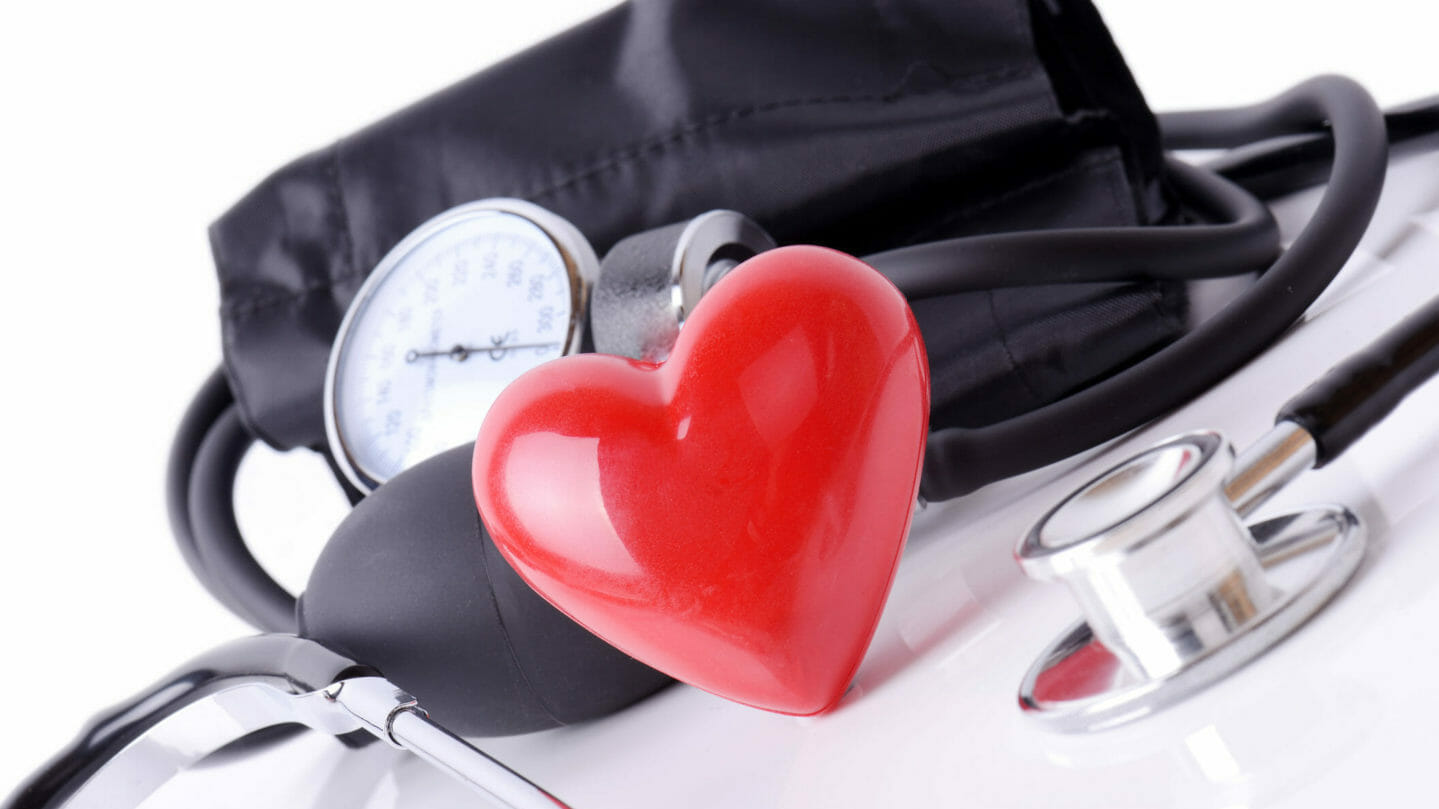Daily Glass Increases Heart Disease Risk: Study

A recent study from the American College of Cardiology (ACC) has revealed a concerning link between alcohol consumption and heart disease, particularly among women. The study, one of the largest of its kind, examined data from over 430,000 individuals and found that women who consume as little as a daily glass of wine and two at weekends face a significantly higher risk of developing heart disease. Researchers discovered that women who consume more than eight alcoholic drinks a week were nearly 50 percent more likely to develop coronary heart disease, a condition that can lead to chest pain and heart attacks. Binge drinkers of both sexes were also found to be at a much higher risk.
The study, conducted in 2024, cautioned that heavy-drinking young and middle-aged women were especially vulnerable, regardless of their age. This finding is particularly alarming given the increasing rates of heart attacks and other forms of heart disease among younger generations in both the US and the UK. Coronary heart disease occurs when the arteries supplying blood to the heart become narrowed, restricting blood flow.
Dr. Jamal Rana, a cardiologist and lead author of the study, emphasized the elevated risk for women, even without binge drinking. "For women, we find consistently higher risk even without binge drinking," he stated. "I wasn't expecting these results among women in this lower age group because we usually see increased risk for heart disease among older women. It was definitely surprising."
The researchers utilized data from the Kaiser Permanente Northern California integrated health organisation, examining nearly 243,000 men and 189,000 women with an average age of 44, all free from heart disease at the study's outset. Alcohol consumption data was gathered during primary care consultations using the 'Alcohol as a Vital Sign' screening initiative. Participants were classified based on their self-reported alcohol intake as low (one to two drinks per week), moderate (three to 14 for men and three to seven for women weekly), or high (15 or more for men and eight or more weekly for women). Binge drinking was defined as consuming more than four drinks for men or more than three drinks for women in a single day over the past three months.
Over a four-year follow-up period, 3,108 patients were diagnosed with coronary heart disease. The study found that the incidence of coronary heart disease increased with higher levels of alcohol consumption. Women with high alcohol intake had a 45 percent higher risk of heart disease compared to those with low intake and a 29 percent higher risk compared to those with moderate intake. Binge-drinking women were a staggering 68 percent more likely to develop heart disease compared to those with moderate alcohol intake. Men with high overall intake were also 33 percent more likely to develop heart disease compared with men who reported a moderate intake.
Dr. Rana highlighted the misconception that women are protected against heart disease until they are older. He warned, "Women feel they're protected against heart disease until they're older, but this study shows that even when you're young or middle-aged, if you are a heavy alcohol user or binge drink, you are at risk for coronary heart disease." Alcohol's effects can raise blood pressure and lead to metabolic changes linked to inflammation and obesity. Because women metabolize alcohol differently than men, Dr. Rana and his team stressed the importance of factoring alcohol use into heart disease risk assessments and prevention strategies.
Dr. Rana advocated for increased awareness and the inclusion of alcohol consumption in routine health assessments, noting, "When it comes to heart disease, the number one thing that comes to mind is smoking, and we do not think about alcohol as one of the vital signs. I think a lot more awareness is needed, and alcohol should be part of routine health assessments moving forward."
The researchers acknowledged a key limitation of the study: the likelihood that patients underreport their alcohol consumption. As a result, they suggest that their findings regarding alcohol-linked heart disease risk may be conservative.









